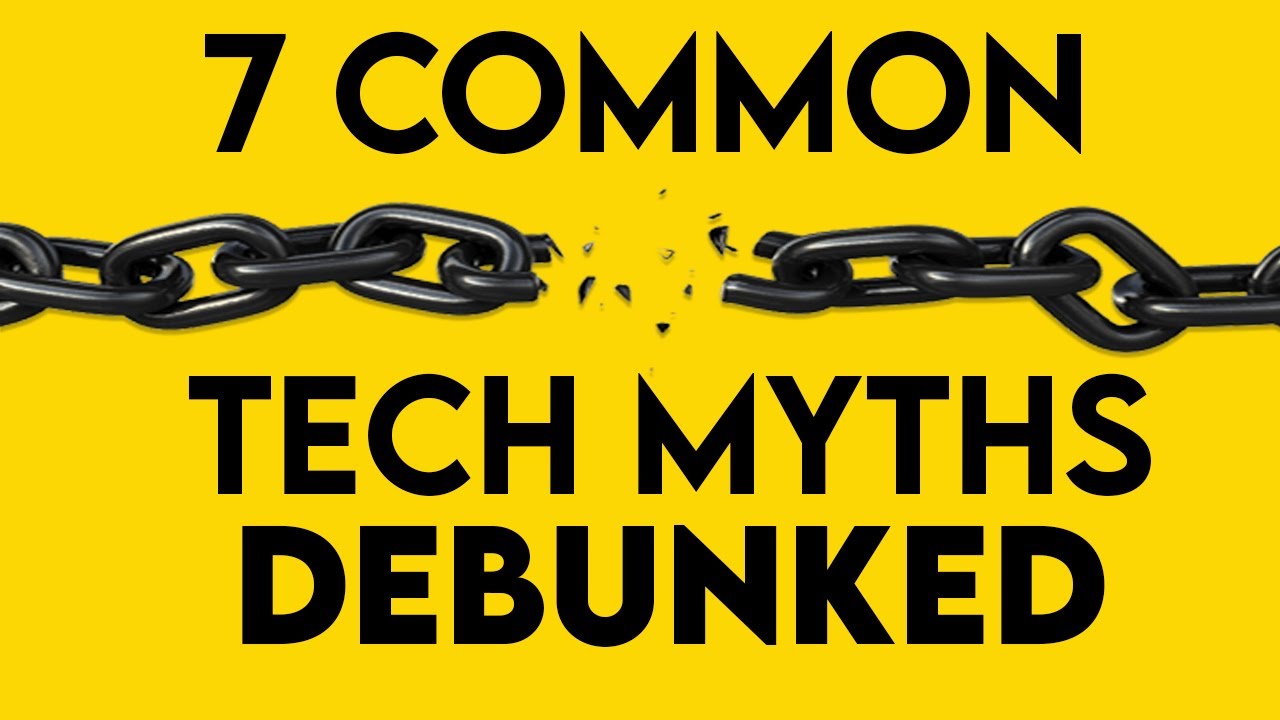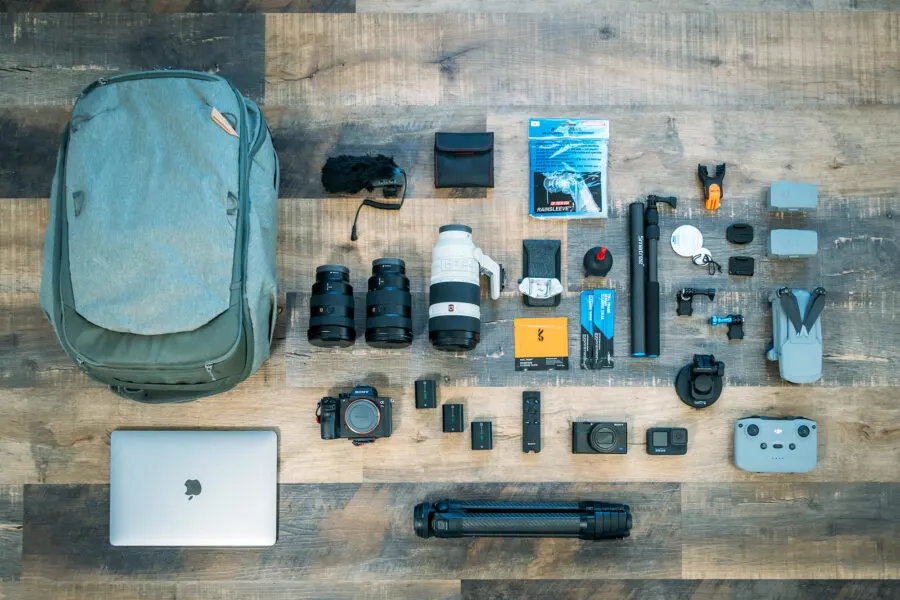As technology continues to evolve at breakneck speed, it’s not surprising that numerous myths and misconceptions have emerged surrounding its various aspects. In this blog post, we are going to dive deep into some of these tech myths and debunk them once and for all. So, buckle up and get ready to separate fact from fiction!
1. Myth: Macs Don’t Get Viruses
Many people believe that Mac computers are impervious to viruses and other malicious software. While it is true that Macs tend to have fewer viruses compared to Windows-based systems, they are not completely immune. The reason Macs appear more secure is that they have a smaller market share, making them a less appealing target for cybercriminals. Nonetheless, Mac users should still exercise caution, install reputable antivirus software, and regularly update their systems.
2. Myth: Incognito Mode Makes You Completely Anonymous
Using the incognito mode on your web browser may give the impression that your online activities are completely private and hidden from prying eyes. However, it only prevents the browser from recording your browsing history, search history, and cookies. It does not make you anonymous or invisible to your internet service provider (ISP), websites, or other online entities. If you truly want to stay anonymous online, consider using a virtual private network (VPN) for enhanced privacy and security.
3. Myth: You Should Always Fully Discharge Your Phone’s Battery
In the past, it was recommended to fully discharge your phone’s battery before charging it to maintain its longevity. However, with advancements in battery technology, this is no longer necessary. In fact, lithium-ion batteries – the ones used in most modern smartphones – have a limited number of charge cycles. Frequent full discharges can actually shorten their lifespan. It is now better to charge your phone whenever it’s convenient and avoid letting the battery percentage drop to zero.
4. Myth: More Megapixels Mean Better Camera Quality
When it comes to smartphone cameras, more megapixels do not necessarily equate to better image quality. While higher megapixel counts may result in larger image files and allow for more zooming capabilities, the quality of the image is also dependent on other factors such as sensor size, lens quality, and image processing algorithms. So, if you’re seeking great camera performance, consider factors beyond megapixel count, such as low-light performance and optical image stabilization.
5. Myth: Leaving Your Laptop Plugged in All the Time Will Damage the Battery
This myth stems from the belief that overcharging your laptop’s battery will harm its lifespan. However, modern laptops are equipped with built-in charging circuits that prevent overcharging. Once your laptop reaches full charge, it switches to a power source directly, bypassing the battery. In fact, it is best to keep your laptop plugged in whenever possible, as frequent full charge cycles can wear down the battery over time.
6. Myth: Private Browsing Keeps Websites from Tracking You
Private browsing, also known as “Do Not Track” mode, does prevent your browser from storing cookies or saving your browsing history. However, it does not prevent websites from tracking your activities through other means, such as IP address and browser fingerprinting. To enhance your online privacy, consider using browser extensions that block tracking cookies and using privacy-focused search engines.
7. Myth: Smaller Image Files Are Always Better
It’s a common misconception that shrinking image file sizes always result in better performance and faster loading times. While smaller image files do reduce loading times, excessive compression can lead to loss of image quality and details. It’s important to find a balance between smaller file sizes and retaining sufficient image quality to ensure optimal user experience on websites and applications.
8. Myth: More Apps Running in the Background Slow Down Your Phone
Many people assume that having multiple apps running in the background slows down their smartphone’s performance. While having too many apps running simultaneously can consume system resources like memory and battery, modern smartphones are designed to manage multitasking efficiently. Operating systems use sophisticated algorithms to optimize performance and prioritize resource allocation. Keeping a few background apps should not significantly impact your phone’s speed or battery life.
Now that we’ve debunked some of these tech myths, we hope you have a clearer understanding of the actual facts behind these common misconceptions. Technology is constantly evolving, and it’s essential to stay informed and separate fact from fiction in this ever-changing digital landscape.




